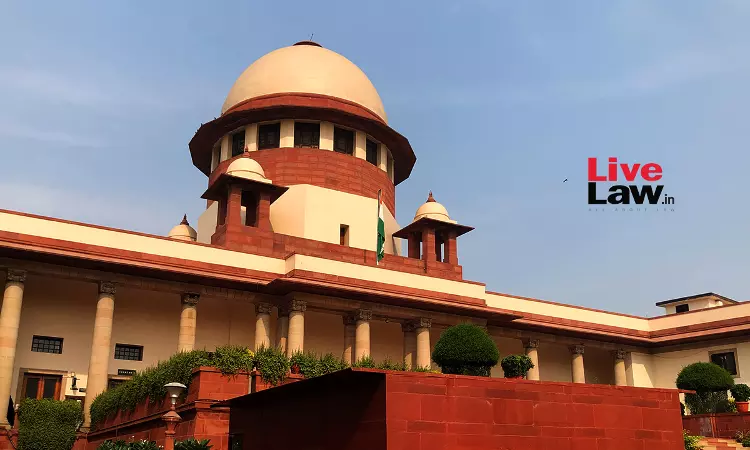While upholding the discharge of appellants who were arrayed as accused for a murder of a deceased-woman, Supreme Court on Thursday (January 18) set-aside the finding of the High Court by noting that the expert testimony of the doctor who performed the autopsy of the deceased cannot be completely ignored while deciding the guilt of an accused. “In the post-mortem, no injury was found on...

